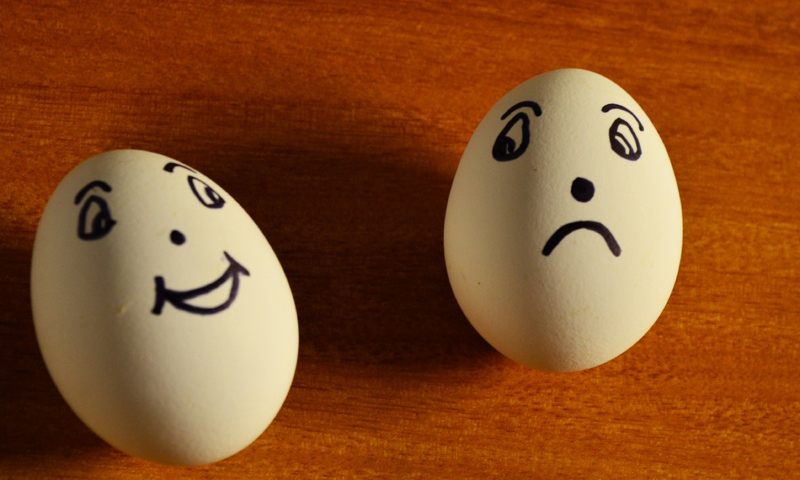
Praise and insults
Evidently there are far more British words for insulting people than there are for praising them, probably because insults sound funnier. Indeed, many popular comedy series are rife with put-downs, e.g. from ‘Blackadder’ (1983-9, written by Ben Elton & Richard Curtis): “The eyes are open, the mouth moves, but Mr. Brain has long since departed, hasn’t he, Percy?” and from ‘Red Dwarf’ (1988-, written by Rob Grant & Doug Naylor): “We have in our midst a complete smegpot”.
There is, of course, a crop of well-known swear words for those who wish to be nasty about it, and for some, these have become part of normal conversation, thereby reducing their impact. For the crafted, long-form insult, Shakespeare (1564-1616) is the past master: “Thou art a boil, a plague sore, an embossed carbuncle” (‘King Lear’).
Common slurs, often meant to tease rather than offend, include “You prat / twit / twerp / pillock / plonker / muppet / swine / blighter / nincompoop / ninny / barmpot / nutter / numpty / nitwit / div”, etc., etc.. On the complimentary side, “the bee’s knees / bonnie / grand / brill / smashing / mint / lush / tidy / ledge (short for legend) / wicked / well cool” can be heard. Naturally, many of these types of words and phrases begin in youth sub-cultures and take root via the media.
(Top image: pxhere.com / CC0)
